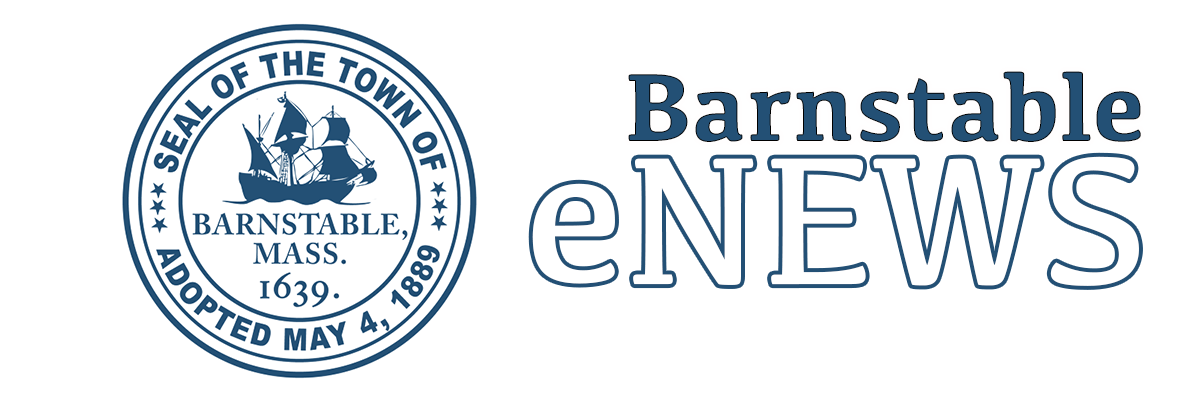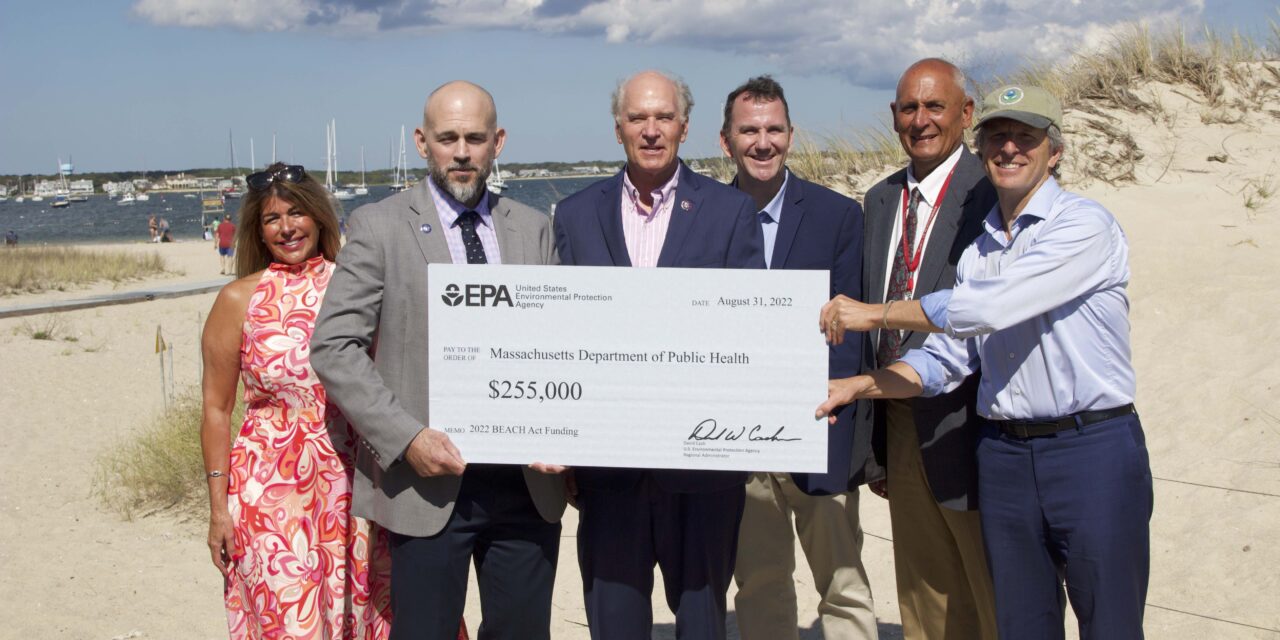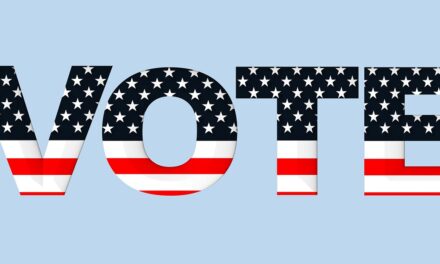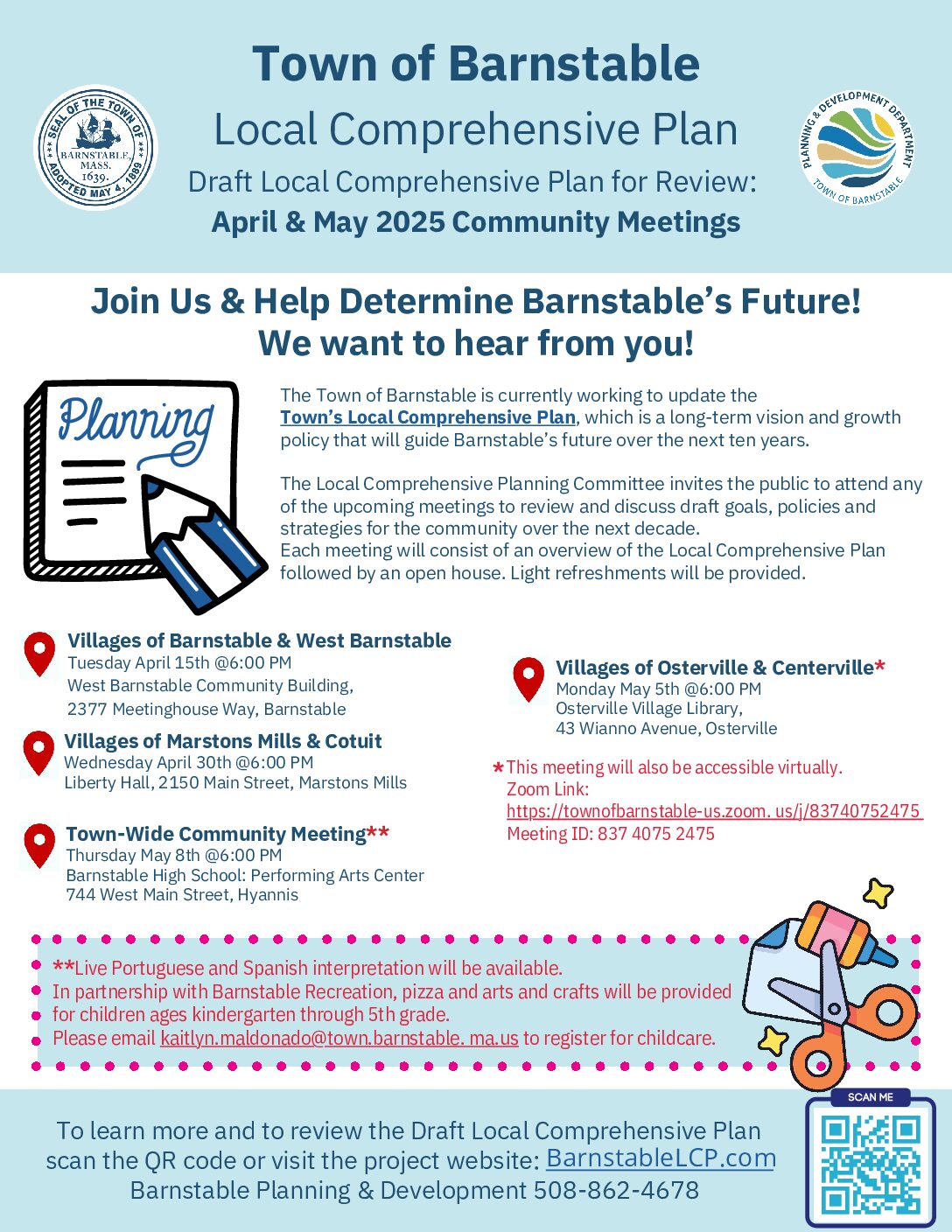Contact Information: Dave Deegan, (617) 918-1017, deegan.dave@epa.gov
HYANNIS, MASS. (Aug. 31, 2022) – Today, the U.S. Environmental Protection Agency (EPA), joined by Congressman Bill Keating, and state and local officials, announced a $255,000 grant to the Massachusetts Department of Health to support beach water quality monitoring and public notification efforts throughout the state during the remainder of 2022 and into the 2023 beach season.
“Clean and healthy beaches are critical to supporting local economies and ecosystems,” said EPA New England Regional Administrator David W. Cash. “This federal funding will be used to better monitor our coastline for pollution and other public health threats, so those who call Massachusetts home – and those who visit – can continue to enjoy our beaches and ocean for generations to come.”
Under the Beaches Environmental Assessment and Coastal Health (BEACH) Act, EPA awards grants to eligible state, territorial and tribal applicants to help them and their local government partners monitor water quality at coastal and Great Lakes beaches. When bacteria levels are too high for safe swimming, the public is notified by posting beach warnings or closing the beach.
“The beaches of Cape Cod are the crown jewels of our local tourism economy, and I am grateful to the Biden Administration and the EPA for their investment in water quality monitoring at beaches in Southeastern Massachusetts and throughout the Commonwealth,” said US Congressman Bill Keating. “The millions of people who choose to visit our 565 public beaches expect clean, safe water. This funding ensures that the Commonwealth and our communities can continue monitoring water quality and mitigating issues before they pose a risk to human health. This ensures that residents and tourists alike can continue to enjoy our beaches with confidence and support the small business owners who depend on summer beach traffic to survive.”
“With support from US EPA, the Massachusetts Department of Public Health has been able to conduct water quality monitoring at 565 public marine beaches in more than 60 communities in Massachusetts,” said Public Health Commissioner Margret Cooke. “Each year, the program collects more than 8,400 water quality samples from over 580 locations. This renewed commitment from EPA will support a dedicated team of local, state, and tribal partners who work tirelessly to ensure that all of us can safely enjoy a day at our treasured public beaches.”
“Here on Cape Cod, bathing beach water quality monitoring is a regional effort that requires collaboration between the state, county, and local Town Health Agents. This grant funding is critically important for the continuation of these monitoring programs that inform the public of safe swimming areas,” said Mark Ells, Barnstable Town Manager. “This collaboration between the federal, state, county, and local municipalities is just one of many efforts we are undertaking to provide clean water for our local residents and seasonal visitors.”
Since 2002, state and local governments, territories and tribes in New England have used more than $23 million in EPA BEACH Act grants to monitor beaches for fecal indicator bacteria, maintain and operate public notification systems, identify local pollution sources, and report results of monitoring and notification activities to EPA.
This year, EPA expects to award more than $1.1 million in federal funds to the five coastal New England states. In addition to the $255,000 grant to Massachusetts, other New England states receiving grants under the BEACH Act this year include:
Connecticut Department of Public Health
$226,000
Maine Department of Environmental Protection
$255,000
New Hampshire Department of Environmental Services
$204,000
Rhode Island Department of Health
$216,000
More information:
For specific information on grants under the BEACH Act, grant guidance, and contact information for state and local beach programs, visit www.epa.gov/beach-tech/beach-grants.
To check on the latest closings and advisories at particular beaches, contact the relevant state, tribal, or territorial beach program listed at: https://www.epa.gov/beaches/state-territorial-tribal-and-epa-beach-program-contacts.






